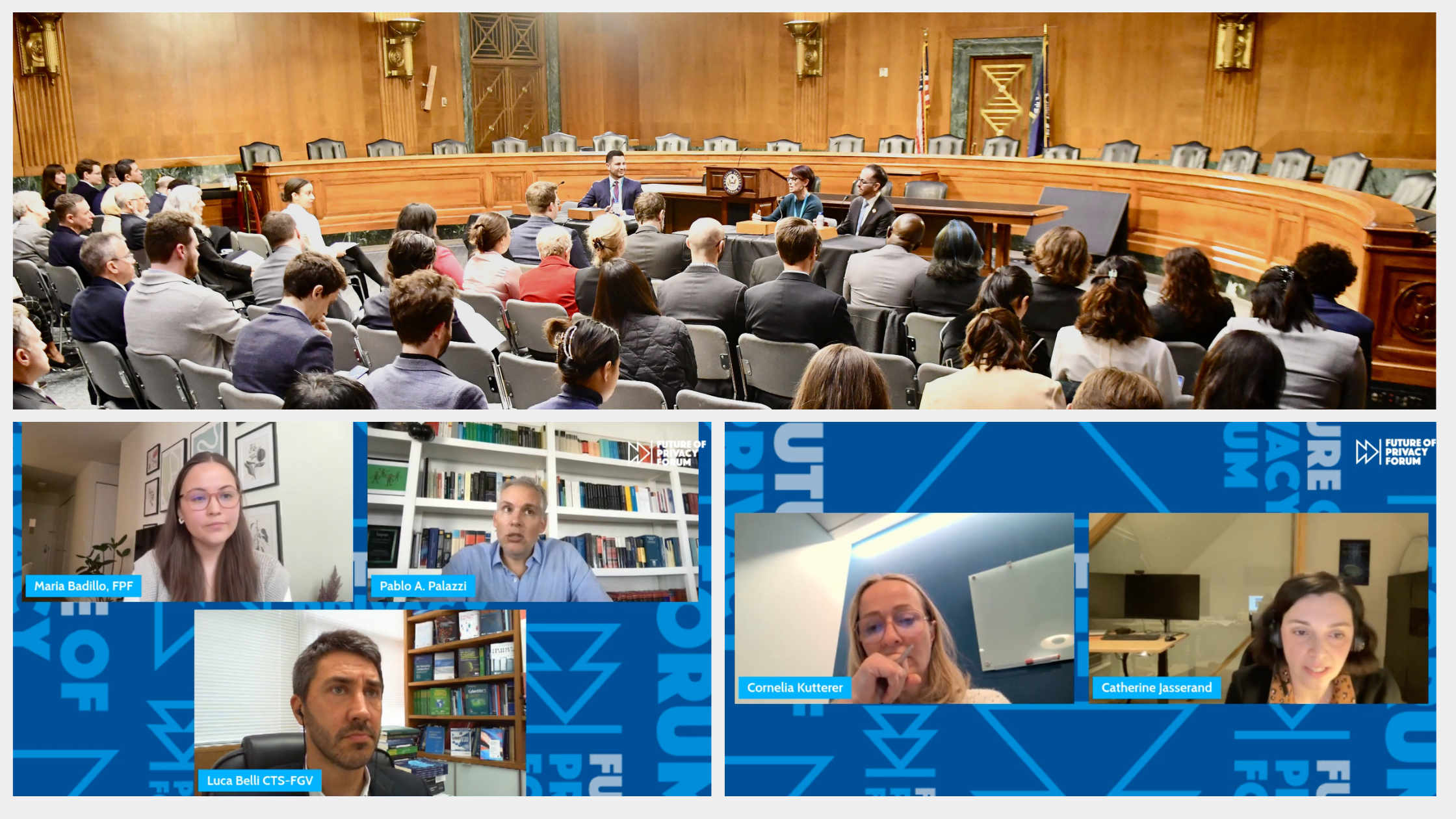
Manipulative and Deceptive Design: New Challenges in Immersive Environments
With help from Selin Fidan, Beth Do, Daniel Berrick, and Angela Guo Immersive technologies like spatial computing, gaming, and extended reality (XR) offer exciting ways to experience and engage with the world. However, interfaces for immersive technologies that further blur the lines between the physical and the virtual may also open the door to new, […]

FPF Develops Checklist & Guide to Help Schools Vet AI Tools for Legal Compliance
FPF’s Youth and Education team has developed a checklist and accompanying policy brief to help schools vet generative AI tools for compliance with student privacy laws. Vetting Generative AI Tools for Use in Schools is a crucial resource as the use of generative AI tools continues to increase in educational settings. It’s critical for school […]

The Old Line State Does Something New on Privacy
On April 6, the Maryland Senate concurred with House amendments to SB 541, the Maryland Online Data Privacy Act (MODPA), sending the bill to Governor Moore for signature. If enacted, MODPA could be a paradigm-shifting addition to the state privacy law landscape. While recent state comprehensive privacy laws generally have added to the existing landscape […]

FPF Training Program 2024 – Main
FPF Training Program Live Virtual Trainings for Individuals and Teams FPF PRIVACY TRAINING FOR INDIVIDUALS & TEAMS In today’s rapidly evolving technological landscape, data privacy and artificial intelligence (AI) have become crucial areas of focus for organizations across various industries. The Future of Privacy Forum (FPF) Training Program provides an in-depth understanding of today’s most […]

Two New Apple and Google Platform Privacy Requirements Kicking In Now
Apple’s important mandatory requirements affecting iOS apps are about to kick in, and Google’s new requirements for publishers and advertisers have just gone into effect. Accurately implementing these requirements calls for close cooperation between the legal, privacy, and ad ops teams. Apple’s Privacy Manifests At WWDC 2023, Apple announced privacy manifests, signatures for SDKs, and […]

FPF Celebrates 15 Years! Spring Social Marks Board Transition as Data Protection Leaders Toast to FPF’s Success
Leaders in Data Protection Take Center Stage at FPF’s Spring Social The week started with FPF’s 15th Anniversary Spring Social, where FPF CEO Jules Polonetsky thanked FPF’s Board Chair and Founder Chris Wolf, who served for 15 years, and welcomed FPF’s new Board Chair, Alan Raul. Three leading data protection regulators lauded FPF’s effectiveness in […]

15th Annual Advisory Board Meeting 2024
Welcome! This page will be your primary source for all 15th Annual Advisory Board Meeting details and resources. Planning to attend this year’s Advisory Board Annual Meeting? Join us on Wednesday, June 5th, for AI FORWARD: FPF DC Privacy Forum, which is open to the public. DC Privacy Forum: AI Forward will explore the intersection of data privacy and AI, […]

Privacy and the Rise of “Neurorights” in Latin America
Authors: Beth Do, Maria Badillo, Randy Cantz, Jameson Spivack “Neurorights,” a set of proposed rights that specifically protect mental freedom and privacy, have captured the interest of many governments, scholars, and advocates. Nowhere is that more apparent than in Latin America, where several countries are actively seeking to enshrine these rights in law, and some […]

AI Audits, Equity Awareness in Data Privacy Methods, and Facial Recognition Technologies are Major Topics During This Year’s Privacy Papers for Policymakers Events
Author: Judy Wang, Communications Intern, FPF The Future of Privacy Forum (FPF) hosted two engaging events honoring 2023’s must-read privacy scholarship at the 14th Annual Privacy Papers for Policymakers ceremonies. On Tuesday, February 27, FPF hosted a Capitol Hill event featuring an opening keynote by U.S. Senator Peter Welch (D-VT) as well as facilitated discussions […]

Colorado’s Approval of Global Privacy Control: Implications for Advertisers and Publishers
The privacy laws of both Colorado and California require organizations to recognize Universal Opt-Out Mechanisms (UOOMs), a tool through which a person can invoke their opt out rights broadly across all the websites they visit. While California has required responding to certain UOOMs since July 2021, the Colorado Attorney General has only recently approved their […]
